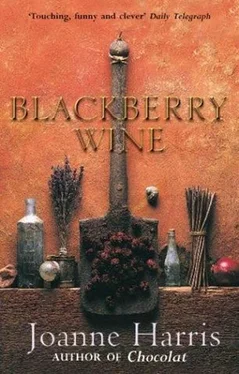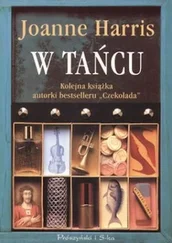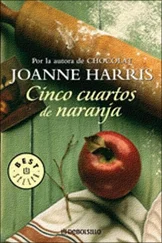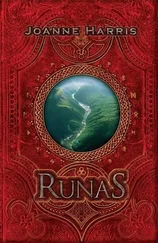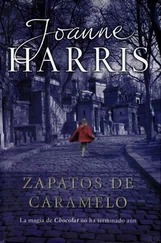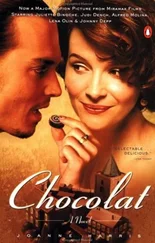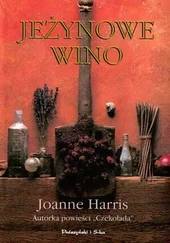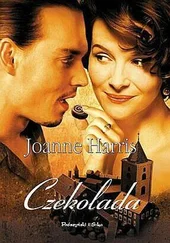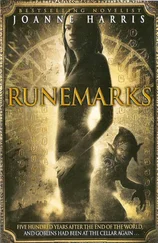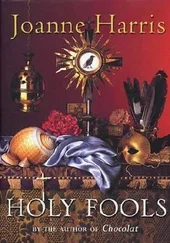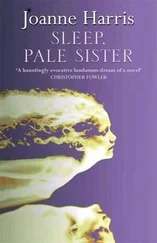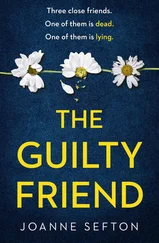‘I should really get back to work,’ said Jay, trying to keep his voice level. ‘I want to get these seeds into the ground as soon as I can.’
‘Oh?’ She peered at the seeds again. ‘Something special, are they?’
‘That’s right,’ he told her. ‘Something special.’
Pog Hill, Autumn 1977
SEPTEMBER WAS NO BETTER. ELVIS WAS IN THE CHARTS AGAIN with ‘Way Down’. Jay studied listlessly for next year’s O levels. Normality seemed restored. But that sense of doom was still there, accentuated, if anything, by the humdrum continuation of things. He heard from neither Joe nor Gilly, which surprised him, even though it was unsurprising, given that he’d left Kirby Monckton without saying goodbye to either of them. His mother was snapped by Sun photographers on the arm of a twenty-four-year-old fitness instructor outside a Soho nightclub. Marc Bolan died in a car accident, then, only a few weeks later, Ronnie Van Zant and Steve Gaines of Lynyrd Skynyrd were wiped out in a plane crash. It seemed suddenly as if everything and everyone around him was dying, coming apart. No-one else seemed to notice. His friends smoked illicit cigarettes and sneaked off to the pictures after hours. Jay watched them with contempt. He’d practically stopped smoking. It seemed so pointless, almost childish. The gulf between himself and his classmates broadened. On some days he felt ten years older.
Bonfire night came. The others lit a bonfire and roasted potatoes in the quad. Jay stayed in the dorm and watched from a distance. The scent of the air was bitter, nostalgic. Showers of sparks puffed up from the bonfire into the smoke and the mild sky. He could smell the hot scent of grease frying and the cigarette-paper reek of bangers. For the first time he realized how much he missed Joe.
In December he ran away.
He took his coat and his sleeping bag, his radio and some money, which he stuffed into his sports’ bag. He forged his exeat and left school just after breakfast, to give himself plenty of time to get as far as possible. He hitched a lift from town to the motorway, then another down the Ml towards Sheffield. He knew exactly where he was going.
It took him two days to reach Kirby Monckton. He walked most of the way after leaving the motorway, cutting across fields onto the higher ground of the moor. He slept in a bus shelter until a police patrol car drew up, then lost his nerve and dared not stop again in case he was picked up. It was cold but not snowing, the sky sullen, and Jay put on all the spare clothing he had brought, without managing to feel any warmer. His feet were blistered, his boots clotted with mud, but throughout it all he clung to the memory of Pog Hill Lane, to the knowledge that Joe was waiting for him there. Joe’s house, with its warm kitchen and the scent of hot jam and oven-dried apples and the radio playing on the window ledge above the tomato plants.
It was late afternoon when he arrived. He pulled himself up the last few feet to the back of Pog Hill Lane, slung his sports bag over Joe’s wall and himself after it. The yard was deserted.
Beyond it the allotment looked bare, abandoned. Joe had certainly done a fine camouflage job on it. Even from the yard it looked as if no-one had lived there for months. Weeds had sprouted between the flagstones and died there in the cold, silvered with frost. The windows were nailed shut. The door was locked.
‘Joe!’ He knocked on the door. ‘Joe? Open up, will you?’
Silence. The house looked blind, stolid beneath its winter sheen. Under Jay’s fist the door handle rattled meaninglessly. From inside his voice returned to him, a dim echo in a hollow chamber.
‘Joe!’
‘It’s empty, lad.’
The old woman was peering over the wall, black eyes curious beneath a yellow headscarf. Jay recognized her vaguely; she had been a frequent visitor that first summer, and she would sometimes make strawberry pies, which she brought to Joe in exchange for allotment produce.
‘Mrs Simmonds?’
‘Aye, that’s right. You’ll be wantin Mester Cox, will yer?’
Jay nodded.
‘Well, iz gone. Thought he’d passed on, like, but our Janice sez he just upped an left one day. Upped an left,’ she repeated. ‘You’ll not find im ere now.’
Jay stared at her. It wasn’t possible. Joe hadn’t gone. Joe had promised-
‘They’re knockin down Pog Hill Lane, you know,’ said Mrs Simmonds conversationally. ‘Goin to build some luxury flats. Could do with a bit of luxury after everythin we’ve bin through.’
Jay ignored her. ‘I know you’re in there, Joe! Come out! Bloody come out!’
‘There’s no call for that kind of language,’ said Mrs Simmonds.
‘Joe! Joe ! Open up! Joe !’
‘You watch it, lad, or I’m callin the police.’
Jay spread his hands placatingly. ‘O?. OK. I’m sorry. I’m going. I’m sorry.’
He waited until she was gone. Then he crept back and made his way around the house, still certain Joe was in there somewhere, angry at him perhaps, waiting for him to give up and leave. After all, he had been taken in before. He searched the overgrown allotment, expecting to see him checking his trees or in his greenhouse at the signal box, but there was no sign of any recent presence but his own. It was only when he realized what had gone that the truth of it came home. Not a rune, not a ribbon, not a scrawled sign on a tree trunk or a stone. The red sachets had disappeared from the sides of the greenhouse, from the wall, from the branches of the trees. The careful arrangements of pebbles on the paths had been scattered to meaningless debris. The lunar charts tacked to the wall of the shed and the greenhouse, the arcane symbols Sellotaped to the trees – all the signs Joe had put up as part of his permanent solution were gone. The cold frames had been tumbled, leaving the plants inside to fend for themselves. The orchard was strewn with summer’s windfalls, grey-brown and half melted into the hard ground now. Hundreds of them. Pears, apples, plums, cherries. That was when he really knew. Those windfalls.
Joe had gone.
The back door was imperfectly closed. Jay managed to lever it open and let himself into the empty house. It smelt foul, like fruit gone to rot in a cellar. In the kitchen, tomato plants had grown monstrously leggy in the dark, reaching out pale, fragile fingerlings towards the thin edge of light at the window before dying, stretched out and waterless, against the sink top. Apparently Joe had left everything just as it was: his kettle on the hob, his biscuit box – still with a few biscuits in it, stale but edible – his coat hanging up on the peg behind the door. The light in the cellar was out, but there was enough daylight from the kitchen to see the rows of bottles, jars and demijohns ranked neatly on the shelves there, gleaming like buried gems in the undersea light.
Jay searched the house. There was little enough to find; Joe’s possessions had not been extensive, and as far as he could see the old man had taken practically nothing with him. His old kitbag was missing, his Culpeper’s Herbal and his few clothes – his pit cap and boots among them. The seed chest was still there by his bed, but when Jay opened it he found its contents had been removed. The seeds, roots, packages, envelopes and neatly labelled twists of crinkly brown newspaper were gone. Inside the chest nothing but dust remained.
Wherever Joe had gone, he’d taken his seeds with him.
But where had he gone? His maps were still hanging in place on the walls, labelled and marked in Joe’s small painstaking script, but there was no clue as to where he might be heading. There was no pattern to his many itineraries, the coloured lines joining at a dozen different points: Brazil, Nepal, Haiti, French Guyana. Jay searched under his bed, but found nothing but a cardboard box filled with old magazines. He pulled them out, curious. Joe had never been a great reader. Except for Culpeper’s Herbal and the occasional paper, Jay rarely saw him read anything, and when he did it was with the frowning slowness of a man who had left school at fourteen, following the script with his finger. But these magazines were old, faded but kept tidily away in the box and covered with a piece of card so that the dust would not damage them. The dates on the covers were a revelation: 1947, 1949, 1951, 1964… Old magazines, their covers coloured the same distinctive yellow and black. Old copies of National Geographic .
Читать дальше
